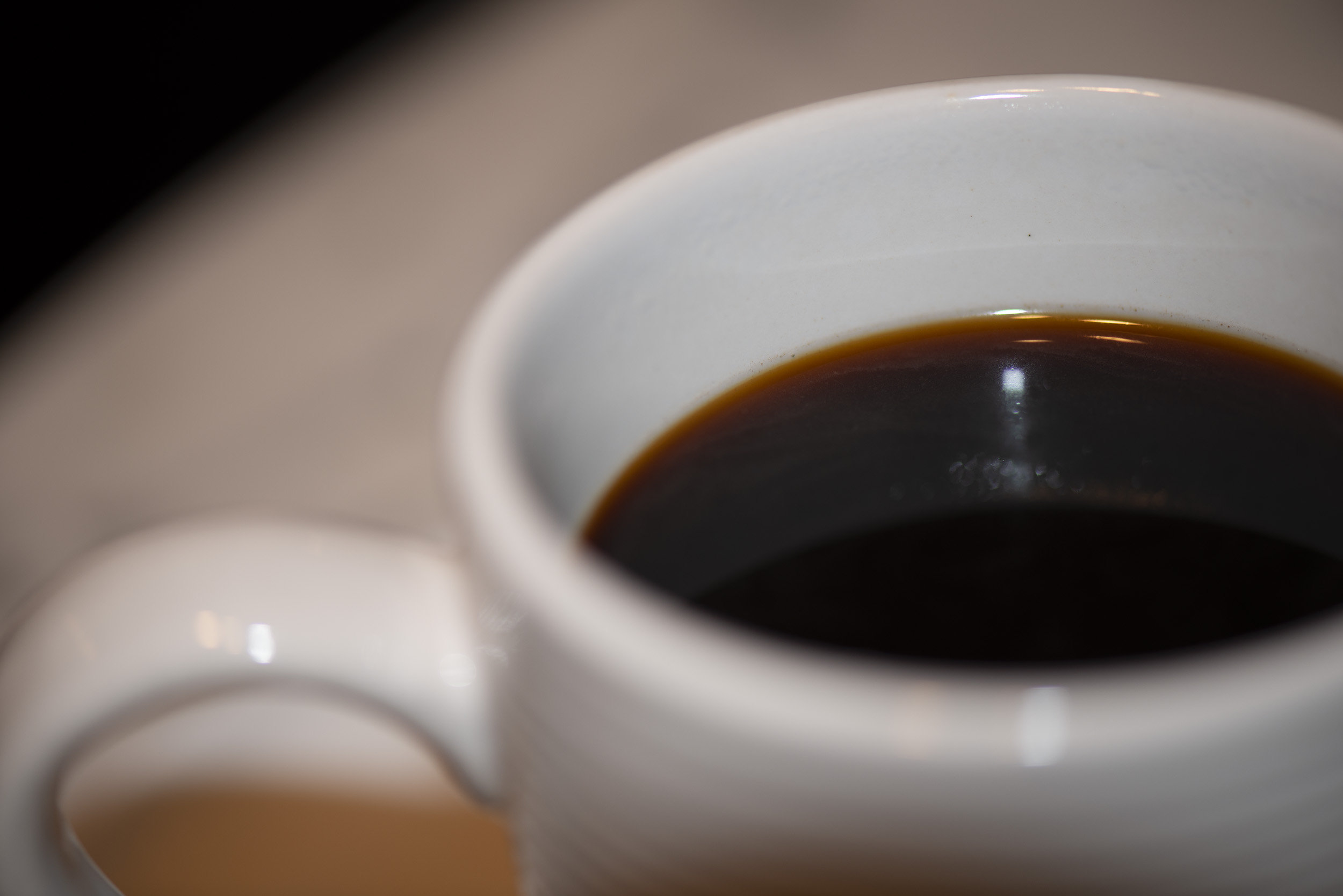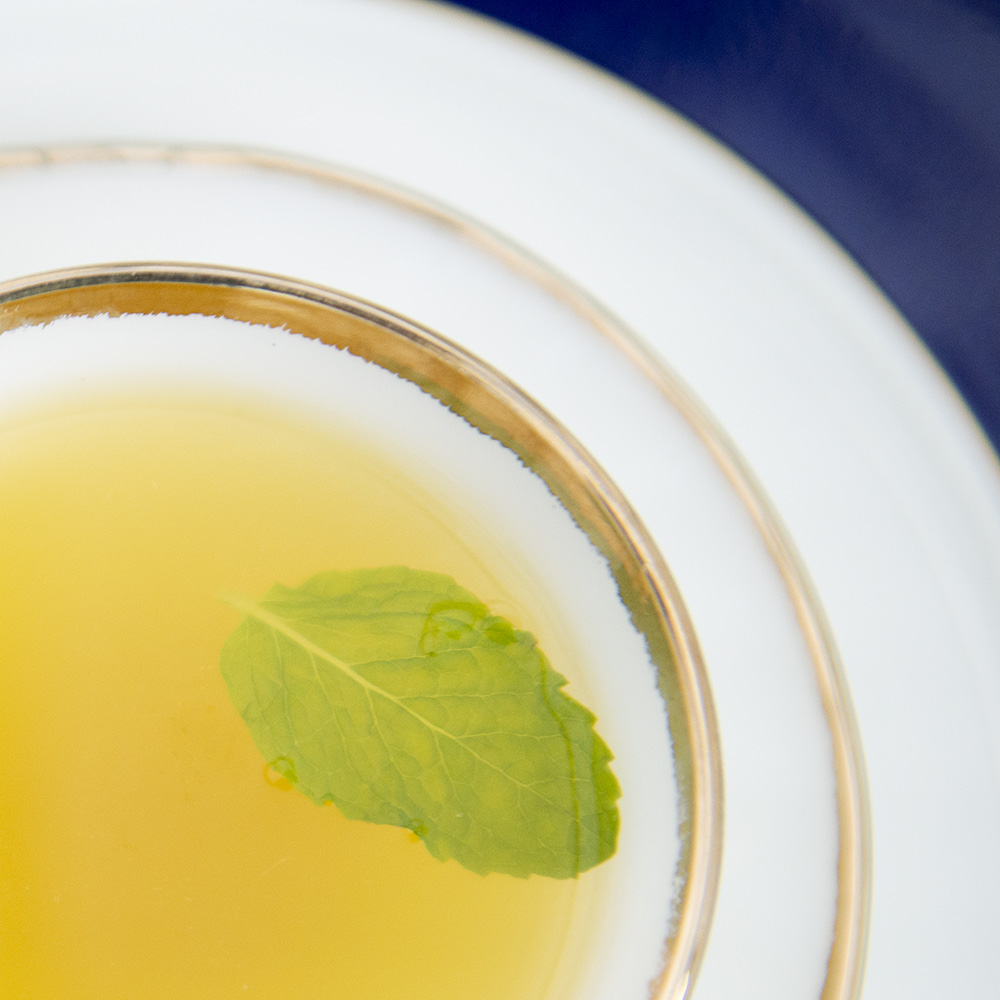Although your intestines are permanently altered after bariatric surgery, most food intolerances and issues are only temporary. The best advice is to relax a little bit with worry when it comes to a particular food problem and to remember that the purpose of the operation is a tool to lose as much weight as quickly as possible. Most foods laden with fat and calories will not be tolerated for months after the operation. Unfortunately, if you keep forcing unhealthy food choices, your body somehow compensates, and you will find that you feel less unwell each time you force one of these foods. You will then regain your weight with little opportunity with surgical recourse.
Long-term Problems with High Calorie Smoothies

Please concentrate on a diet of healthy food choices. Some common issues and questions are outlined below.
Food Getting "Stuck"
New behaviors take time to learn. You need to chew thoroughly and eat very slowly. One trick is to put your fork down between bites of food. Occasionally it is possible to get the sensation of food “stuck” just above your pouch in the lower esophagus. If this occurs, you may experience some chest pain and your mouth may begin to have more saliva. If this should happen, the most important thing to do is relax. You can try to get up from eating and walk around. Tiny sips of room temperature dilute juice may help the feeling pass. The foods will either come back up (called “productive belching”) or it will eventually pass into the pouch. If this occurs, the best thing to do is to go back to a liquid diet for 24 hours to let the inflammation go down.
Dumping Syndrome
The digestion of sugar requires a large volume of fluid. This fluid enters the intestine from the bloodstream to dilute the concentrated sugar molecules. This causes a rapid reduction of the body’s blood volume in a bypass patient. Since the normal digestive process has been altered, sugars cause a hyper-insulin response. This reaction to sugar and carbohydrates is called “dumping” and is accompanied by a number of symptoms including general weakness, rapid heart rate, ringing in the ears, stomach cramps, diarrhea and nausea. Dumping can last from 30 to 60 minutes and often can cause you to feel so tired that you will need to lie down until the symptoms subside. In cases of “late” dumping, the cause is often complex carbohydrates such as pasta. The symptoms are delayed but can include neurological changes and confusion. To avoid dumping syndrome, stay away from sugary drinks, limit simple sugars and add some protein to the meals where you consume carbohydrates.
Dumping syndrome may occur after a gastric bypass. The dumping syndrome is not typically associated with patients who have had sleeve surgery. If you eat or drink sweets that are high in sugar then you will feel sick. This may also occur if you eat and drink at the same time. Dumping syndrome occurs when the food that you eat passes too quickly out of your stomach and into your intestine. Nausea, vomiting, bloating and abdominal cramps may occur almost immediately after eating foods high in fat and sugar. Foods that are high in sugar may also cause weakness, sweating and dizziness that occur one to three hours after eating.
Hair Loss
Most patients notice some increase in hair loss around 3 to 5 months following surgery. For some patients the amount of hair loss is dramatic. They describe clumps of hair in their brush or hair covering the floor of the shower. This occurs as part of the body’s response to sudden calorie and protein deprivation just after surgery. The body puts some of its normal maintenance activities “on hold” until nutrition is coming in again and the effects take a few months to show. In fact, nothing actually happens to the hair follicles except that they become “dormant” and at the time the hair loss is noticed, the follicles are probably busy regenerating hair. It is rare for patients to have thinner hair one year after surgery than they did prior to surgery. By 18 months after surgery, most patients have fuller and healthier hair because the body’s hormone balance has been significantly improved. A diet rich in protein might mitigate this somewhat. Be sure to consume about 80 grams of protein each day.
Fluids
Do not drink fluids at the same time you are consuming solid food. Maximize your protein consumption and wait 60 minutes before beginning your fluid consumption. You should also stop consuming liquids 30 minutes before meal times. You need to make every ounce of food count and if your pouch is filled with fluid, you will not be able to ingest an adequate amount of food. Drinking with meals tends to empty the pouch more quickly, interfering with the feeling of fullness and is not recommended. Try NOT to use a straw for drinking as this can fill you pouch with extra air.
Special warnings regarding your choice of fluids
- Carbonation – can make you uncomfortable, gassy and can contribute to overloading of the pouch
- Caffeine – affects the body like a diuretic and can contribute to dehydration. It is also a known irritant to your new connections and can contribute to ulcer formation.
- Juice high in acidic content – can cause pain and discomfort initially. Juices are also high in sugar content and can cause dumping syndrome in gastric bypass patients. Juices should be limited as much as possible and diluted with water before consuming.
Dehydration:
You will be adjusting to different habits as well as feelings of fullness after the operation. You can no longer gulp water and you will not be able to tolerate a large amount of water at one time; it is easy to think that you are drinking enough liquid when you are not.
You must consume about 72 ounces of fluids every day. Each day set aside your water allotment for the day on your kitchen counter or your desk so that you know as the day goes by, exactly where you are with your water consumption. You may use out of the allotment of water to make decaffeinated tea, decaffeinated coffee, Crystal Lite or making protein drinks. Dehydration can easily occur if you are not careful.
Not drinking enough fluids causes dehydration and it may lead to bladder and kidney infections. Symptoms of dehydration include dark colored urine, fatigue, dizziness, nausea, fainting, lower back pain, and a whitish coating on the tongue. Drink 64 to 72 ounces of fluids daily to prevent dehydration. Vomiting can also lead to dehydration. Be sure to take small bites and chew 25 times before swallowing. Do not drink and eat at the same time.
Alcohol
Alcohol provides 7 calories/gram. You should not consume alcohol for at least 3 to 6 months after surgery. With a smaller stomach and altered GI system, you will now have less tolerance to alcohol. It contains empty calories and provides no nutrition. You must take in to account the calories from alcohol. Alcohol is also a dehydrating factor. Therefore you must replace it with water.
You must be cognizant and careful that obesity and over-eating may be signs of an addiction behavior. Alcohol may also be the cause of addictive problems as well. You must be very careful that alcohol does not take the place of food as an addictive behavior after your operation.
Be very careful with alcohol

Coffee and Stomach Irritation
The first few months after your operation represent a sensitive time both psychologically and physiologically. Depending on your operation, it is very important to allow any connections between the stomach and the intestine to heal. The first few months post-op are also complicated by problems with judging adequate hydration. Caffeine is a diuretic which means that it increases the amount that you urinate. If you are having trouble judging how much liquid to drink each hour means that coffee and caffeine will just complicate the situation.
Coffee will Irritate

Decaffeinated coffee can still cause some problems during the first few months after your operation as it also increases acid activity and may complicate the healing of any connections. If you are more than a few months after your operation then you most likely can resume moderate consumption of coffee. You must remember however to listen to your intestines and pay attention to any new pains or discomfort that may develop. If you start having diarrhea, epigastric pain or feelings of fullness and discomfort after drinking coffee then you either need to stop or decrease the amount that you are drinking considerably. If you develop an ulcer or a marginal ulcer than you definitely need to stop.


